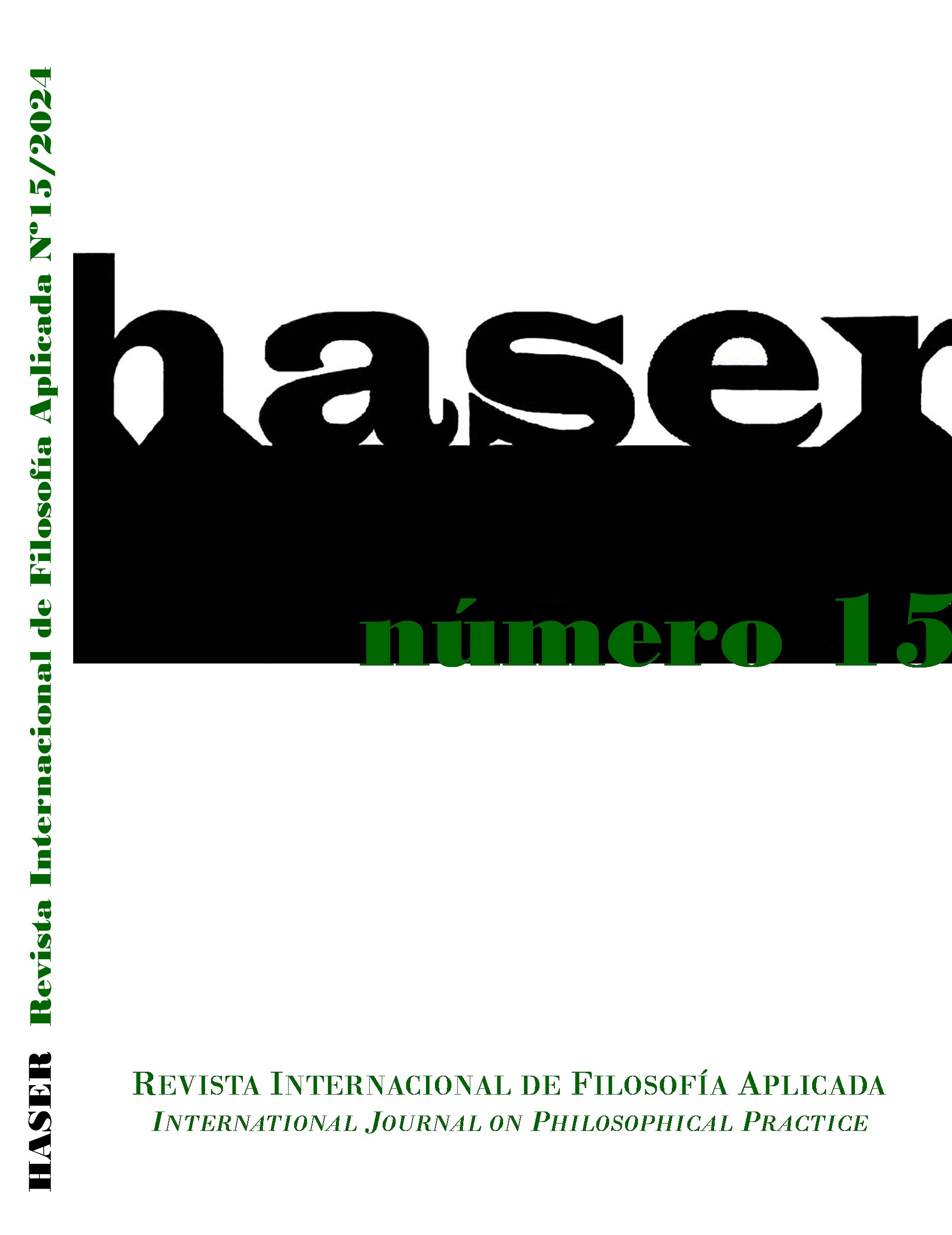The power of beginnings: philosophical foundation of a biographical laboratory in prison (Hannah Arendt)
Abstract
Human life (bíos), unlike biological existence (zoé), is made up of a number of fulfilled and longed-for initiatives that discover someone, their distinction and their novelty with respect to everything that exists or to come. Naturally, this renewable, and in no way mechanical, character of human life, which subverts any previous prognosis and always engenders something new, depends on the possibility of narrating. Because in the act of narration the human faculty to initiate, successively, and until the last man, his own existence is revealed. That man is a pure beginning means that he has the power to relate and transform the world, based on words and actions that depend on his initiative. This arendtian understanding of the human condition constitutes the philosophical and methodological assumption of a biographical laboratory carried out in prison, which represents a space of appearance where unexpected beginnings are announced.
Downloads
Downloads
Published
How to Cite
Issue
Section
License
Los autores/as que publiquen en esta revista aceptan las siguientes condiciones:
1. Los autores/as conservan los derechos de autor y ceden a la revista el derecho de la primera publicación, con el trabajo registrado con la licencia de atribución de Creative Commons, que permite a terceros utilizar lo publicado siempre que mencionen la autoría del trabajo y a la primera publicación en esta revista.
2. Los autores/as pueden realizar otros acuerdos contractuales independientes y adicionales para la distribución no exclusiva de la versión del artículo publicado en esta revista (p. ej., incluirlo en un repositorio institucional o publicarlo en un libro) siempre que indiquen claramente que el trabajo se publicó por primera vez en esta revista.
3. Se permite y recomienda a los autores/as a publicar su trabajo en Internet (por ejemplo en páginas institucionales o personales) antes y durante el proceso de revisión y publicación, ya que puede conducir a intercambios productivos y a una mayor y más rápida difusión del trabajo publicado (vea The Effect of Open Access).


